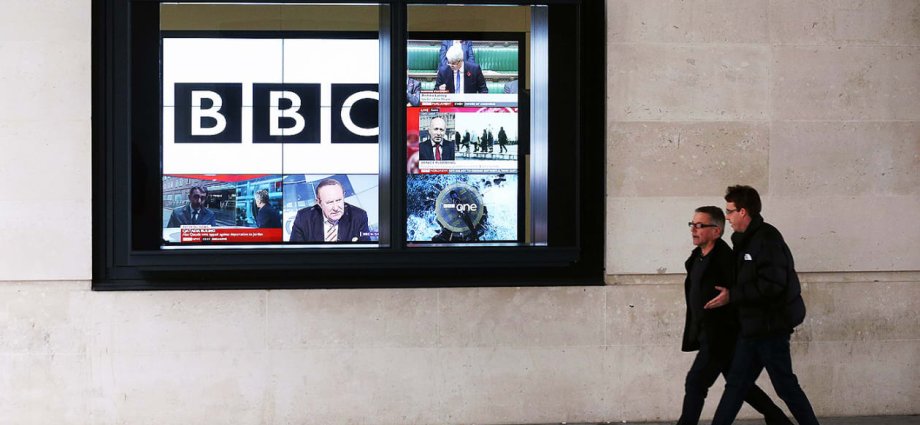Richard Sharp has announced he is standing down as BBC chairman to “prioritise the interests” of the broadcaster after a report found he breached the governance code for public appointments.
Sharp “became embroiled in the cronyism row” earlier this year over helping Boris Johnson secure an £800,000 loan facility, said The Independent. An investigation by the commissioner of public appointments has now concluded Sharp broke the rules by failing to declare his link to Johnson’s loan, creating a “potential perceived conflict of interest”.
The controversy has brought the question of BBC bias back into the spotlight. Last year, Sharp himself told The Sunday Times that the broadcaster “does have a liberal bias” but that “the institution is fighting against it”. However, others have accused the Beeb of having a right-wing bias.
What is impartiality?
According to BBC guidelines, the broadcaster is committed to due impartiality. This means that “the impartiality must be adequate and appropriate to the output, taking account of the subject and nature of the content, the likely audience expectation and any signposting that may influence that expectation”
The obligation “usually involves more than a simple matter of ‘balance’ between opposing viewpoints”, it continues. “We must be inclusive, considering the broad perspective and ensuring that the existence of a range of views is appropriately reflected.”
In practice, this means a commitment to “reflecting a wide range of subject matter and perspectives across our output as a whole and over an appropriate timeframe so that no significant strand of thought is under-represented or omitted”.
However, the corporation retains the right to exercise “editorial freedom to produce content about any subject, at any point on the spectrum of debate, as long as there are good editorial reasons for doing so”.
Gary Lineker
The question of BBC bias moved centre-stage when Gary Lineker’s criticism of the British government’s asylum policy on Twitter led to a prolonged and high-profile row.
Responding to a video message by Home Secretary Suella Braverman about stopping migrants crossing the English Channel in small boats, the football broadcaster accused the government of “an immeasurably cruel policy directed at the most vulnerable people in language that is not dissimilar to that used by Germany in the 30s”.











